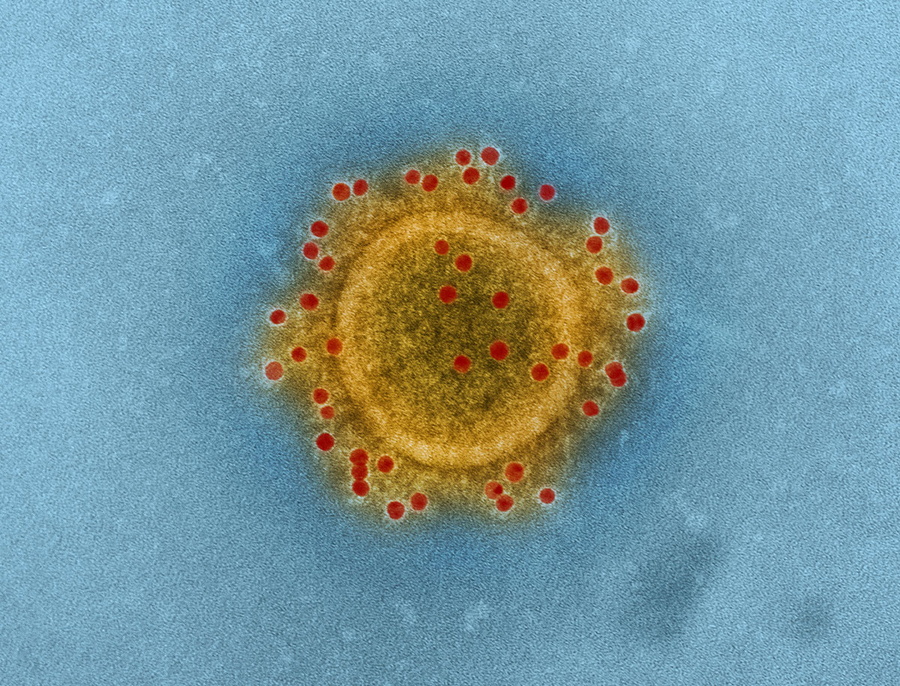On close of business Friday 13th March, MPI-CBG shut its doors and transitioned to a fully virtual work place with only emergency operations at our research facility. This decision was not only to protect our employees, but also to act in a responsible manner to slow the rate of the spread of the virus particularly given the highly international nature of scientific research. MPI-CBG had already for several weeks banned all official travel.
During the last week, meetings have been held by videoconferencing including all staff meetings with >280 participants. Research group leaders are meeting with their groups, manuscripts are being discussed and written. We are working efficiently with the most significant challenge being sharing the home workplace with our kids.
Now MPI-CBG is asking the question
What can we do to help?
These are the measures we have already taken:
- We have assigned several staff members expert in RNA extraction and PCR to the Medical Theoretical Center and University Hospital to assist in the testing for the virus. We have more volunteers when needed.
- We are coordinating with the other biomedical institutions of the Johannstadt campus and DRESDEN-concept to find needed equipment and reagents.
- In a community effort, we have established a web site (www.data-against-covid.org) where life scientists and data scientists are offering to assist in analysing, processing, and interpreting any data related to the virus and the consequences of the pandemic. Volunteers have relevant backgrounds and are highly motivated to help – please visit the website or contact us for assistance.
- One of our senior research group leaders has a human-derived organoid system that expresses the coronavirus receptor (the doorway by which the virus infects a cell). We’re exploring how this could be used to benefit the development of diagnostics, therapeutics or further knowledge about the virus infection mechanism. Please contact us if you are a researcher that could benefit from this resource.
- We have offered a capacity of 100 Covid-19 PCR tests in duplicate per day. However, we agree with the decision to maintain the testing in a single controlled environment to ensure reliability of testing.
- We have sent an expert in data handling from automated workflows to assist the University hospital in setting up bar code scanners and higher throughput processing of data from the testing.
- We have collected research project ideas for new approaches to address the virus. We have received a number of high potential proposals ranging from using mass spectrometry to assist in testing and broadening the test to detect other viruses should they be present (this is a fast development timeline) to identifying novel targets for anti-viral therapeutics (slow development timeline).
